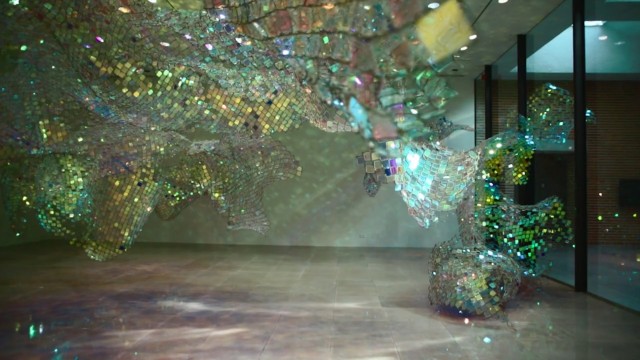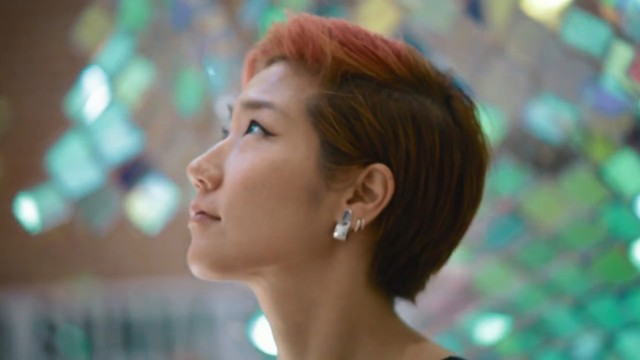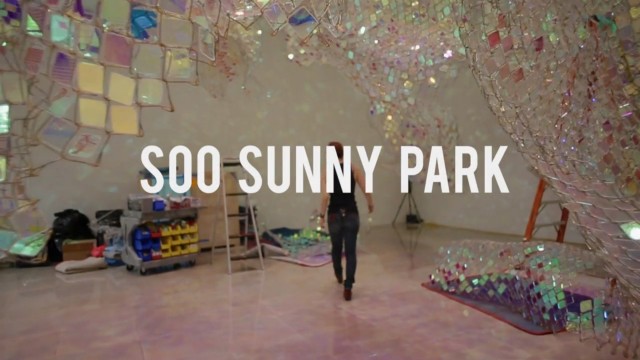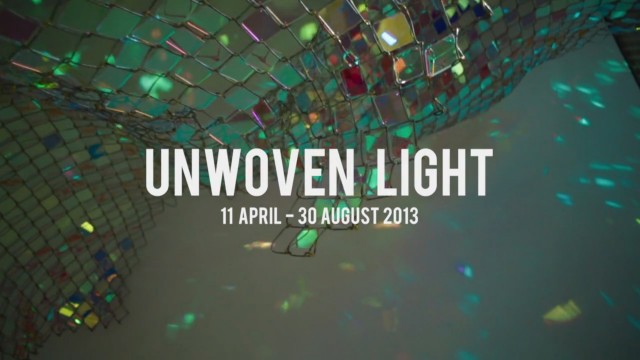Teddy bears, booty shorts, sandals, cut off jeans, hand claps, crunking, shopping carts … welcome to the school where learning doesn’t have to be just about books.
This year’s welcome week at the University of North Carolina was outsourced to a host of consumer companies, including the mass wholesaler SuperTarget. The box store giant organized a fleet of buses to take freshmen on a midnight shopping frenzy in their store as the week’s grand finale. The entire event was officially chaperoned by the vice chancellor of the university, who also acted as Target’s tour guide for the evening. The New York Times also reported that American Eagle Outfitters hired popular sophomores on the same campus, ideally those with significant online social network presences (500+ friends), to be brand ambassadors. Their job during the week was to recruit their friends into volunteer moving squads, all wearing gift AE swag, to help new students carry their belongings into their dorms and to give a warm welcome on behalf of American Eagle.
On a more optimistic day, I would tell you that the students involved in this fiasco are able to identify the not-so-subtle-manipulation at work, and that if a party isn’t in the school budget, then why not let SuperTarget or Walmart or Nike throw a bash; or that free duds from a company desperate for market share is a fair trade for a poor students’ time. On a more realistic day, I would tell you that this cohort is the same one that American sociologists are pointing to as the empty-headed Icarus generation now beginning to fly.
Christian Smith and his colleagues at Notre Dame University recently produced a study Lost in Transition: The Dark Side of Emerging Adulthood which revealed that the majority of America’s young adults on campus navigate ethical propositions based only on time, feeling, benefit and desire. Principles such as honor, valor, virtue, morality, God, chivalry, familial piety, ideas that dominated the Western mindset well into the 20th century, were non-factors. Most surprising to them the Times writes is that participants in the study were not at all bothered by “rabid consumerism” and lacked even the basic language to formulate ethical queries about consumerism. To them the market was a benign and neutral reality.
The implications of this objective ethical free-fall are contested and the debate flounders between pragmatic optimism and cautious realism. It isn’t that bad to have finally chased superstition, pre-judgment, and patriarchal precepts to the ends of the earth. On the downside, the trend points to the emergence of ethical silo’s where moral considerations – like should I care about the environment or should I help a stranger or should I buy this product – are nudged to the periphery of the soul in the same way that religion and philosophy have been pushed over the course of the 20th and 21st centuries, out of sight, out of mind.
—Darren Fleet































































